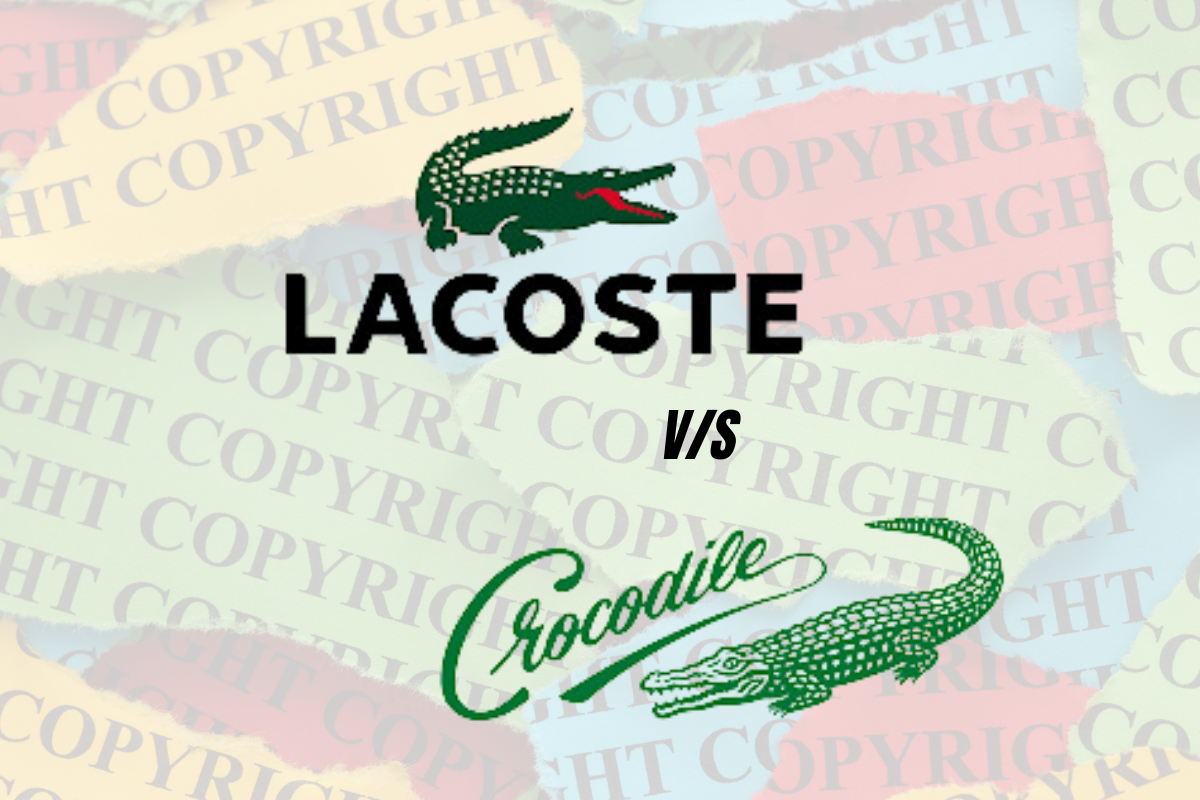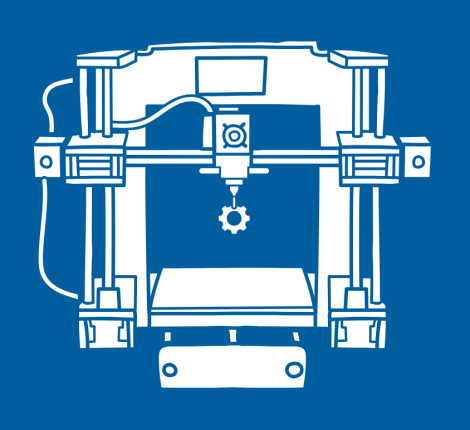IPR Newsletter – BATTLE FOR AN ICONIC LOGO – How the Delhi High Court Resolved the Two-Decade Long ‘Lacoste v. Crocodile International’ Impasse : October 2024
Introduction
Lacoste & Anr. v. Crocodile International Pte Ltd is a significant trademark dispute adjudicated by the Delhi High Court. The plaintiffs, Lacoste, a well-known French apparel brand, filed a lawsuit against Crocodile International Pte Ltd and its Indian counterpart. Lacoste alleged that the defendants were infringing on their trademark rights by using a similar crocodile logo.
The core issue revolved around the ownership and use of the crocodile device trademark in India. Lacoste sought to prevent the defendants from using the disputed logo, arguing that it caused confusion among consumers and diluted their brand identity. The defendants, on the other hand, claimed concurrent use and peaceful co-existence based on a previous agreement from 1983.
On August 14, the Delhi High Court passed the final judgment in the 23-year-old trademark dispute between Lacoste and Crocodile International. Marking the end of a protracted copyright and trademark battle, the Court permanently injuncted Singapore’s Crocodile International Pte. Ltd from infringing the French brand Lacoste’s iconic “Crocodile” device.
Plaintiff’s Contention
The Plaintiffs Lacoste contended that;
- The defendants were using a crocodile logo which was deceptively similar to Lacoste’s registered trademark, causing confusion among consumers and diluting Lacoste’s brand identity.
- Lacoste asserted their ownership and prior use of the crocodile device trademark in India, supported by their registrations and extensive use.
- Lacoste challenged the defendants’ reliance on a 1983 agreement for concurrent use by arguing that the agreement was geographically limited and did not apply to India.
The above contentions formed the basis of Lacoste’s request for a permanent injunction to restrain the defendant from using the disputed trademark in India.
Defendant’s Contention
The Defendants argued that;
- They argued that a 1983 Co-existence agreement allowed both the parties to use the crocodile logo in different regions, claiming this agreement extended to India.
- The assertion made by the defendants was that they had been using the Crocodile logo in India for a significant period and had their own trademark registration, one registration being prior to the Plaintiff’s registration.
- Further, they maintained that their logo was distinct enough from that of the Plaintiff’s to avoid confusion between the consumers.
Judgement Analysis
According to the court, Crocodile International was the prior registered user of a ‘composite crocodile device’ in India, but this did not automatically confer rights over any and all variations of its composite crocodile trademark. Lacoste was able to prove proprietary rights over its standalone crocodile device through its 1983 Indian registration as well as documentary evidence supporting use since 1993. This timeline predated Crocodile International’s claimed use (since 1997) of its standalone crocodile device. Thus, when it came to a trademark comprising a logo of a crocodile unaccompanied by a word element, Lacoste had prior rights in India.
Further, since both the trademarks feature a crocodile for garments, the court concluded they were conceptually identical. The overall silhouette of both crocodiles, including the head shape, arrangement and pattern of scales on the back, body curvature, and tail positioning, was found to be almost indistinguishable. Both designs conveyed a similar aggressive stance, enhancing conceptual similarity. The only noticeable difference was in orientation – with Lacoste’s crocodile facing right, and Crocodile International’s facing left, which was likely to be perceived as insignificant by the average consumer. Overall, similarities in shape, silhouette, and key design elements of the rival logos, especially when coupled with their application to identical products, created a significant likelihood of consumer confusion.
Crocodile International argued that the 1983 Co-existence Agreement implied a global cooperation beyond the five specified territories (Taiwan, Singapore, Indonesia, Malaysia, and Brunei). However, the court disagreed, emphasizing that contracts must be clear and precise. It noted that trademark rights are territorial and not automatically global unless explicitly stated.
The court referenced a 2011 Partial Arbitral Award, which also concluded that the agreement’s preamble did not bind the parties to coexist beyond the specified regions. Additionally, the court found that the 1985 Letter, which Crocodile International cited, was merely a general expression of non-opposition and not a binding agreement for global coexistence.
When it came to copyright, the crocodile logos of both parties were adjudged independent creations – no inference of copying was possible. Further, the underlying concept of the conflicting works was identical – a graphical representation of a ferocious crocodile in an aggressive stance. Similarities between the two designs, arising from the same underlying idea invited application of the doctrine of merger, and defeated Lacoste’s claim of copyright infringement.
In the Court’s order dated August 14, 2024, the Delhi High Court has ordered “Crocodile International from manufacturing, selling, offering for sale, advertising, or using the disputed logo in any manner that would amount to infringement of Lacoste’s registered trademarks and permanently restrained from using the mark. However, no relief was granted on the claim of passing-off absent convincing proof of Lacoste having acquired a substantial reputation in India at the time when Crocodile International began using a similar mark. The judgement is well-reasoned and effectively addresses the several issues that arose as part of the Lacoste v. Crocodile International dispute in India”.
Key Takeaways
The Delhi High Court ruled in favour of Lacoste, finding that Crocodile International’s use of a similar crocodile logo constituted trademark infringement and dismissed the defendant’s reliance on the 1983 Co-existence agreement stating that it was geographically limited and did not apply to India. A permanent injunction was issued, restraining Crocodile International from using the disputed trademark in any manner that infringes upon Lacoste’s rights. Thus, the judgement emphasized the importance of territoriality in trademark law, reinforcing that trademark rights are not automatically global unless explicitly stated. The case highlighted the necessity for precise and unambiguous terms in agreements, especially regarding international trademark coexistence.





